Mlangeni's music interrogates the unfulfilled promise of the rainbow nation in South Africa while envisioning a future that embodies the ideals of equality and unity. Jazz, with its rich tradition in South Africa, serves as the perfect vehicle for Mlangeni’s message. “Jazz is a music of social consciousness that has brought many of our struggles to the forefront. It is a plural art form that borrows from other art forms while staying true to its ethos of collaboration and improvisation,” he explains.
"Activating and having live performances in this current climate [in Johannesburg] is challenging, but the jazz scene is burgeoning. There are so many young players coming up and new bands I’m taking note of. It is inspiring, so it keeps me on my toes."
Mandla Mlangeni stands out in Johannesburg's dynamic music scene as a trumpeter, composer, and bandleader. His skilful play and innovative compositions have earned the band he leads, The Amandla Freedom Ensemble, the 2024 Best Jazz Album of the Year by Metro FM. He has previously been nominated for the South African Music Awards (SAMA) and also won the title of Standard Bank Young Artist Award for Jazz in 2019, a prestigious recognition in South Africa's arts landscape. His production, Oratorio For A Forgotten Youth by the same ensemble showcased at the Artscape Opera House, is a testament to his ability to tell stories through music. He says performing this composition with the Cape Town Philharmonic stands out as one of his most notable career highlights.
At the UJ Weekend of Jazz, Mlangeni performs with The Tune Recreation Committee which he founded whilst a student. The band has since performed at the Cape Town International Jazz Festival as well as other stages in the U.S. and UK, and their album Voices of Our Vision was recognised by The New York Times as one of the best albums of 2017.
On stage, Mlangeni brings an undeniable energy and joy. However, beyond performance, his Afrikan Freedom Principle is an online platform that connects artists and musicians, offering resources like podcasts, panel discussions, and workshops. It's a space that nurtures the community and guides the future of the music industry.
Mlangeni's music is not just heard; it's experienced and felt, embodying the spirit of Joburg's jazz scene and fusing social commentary and a celebration of African identity.
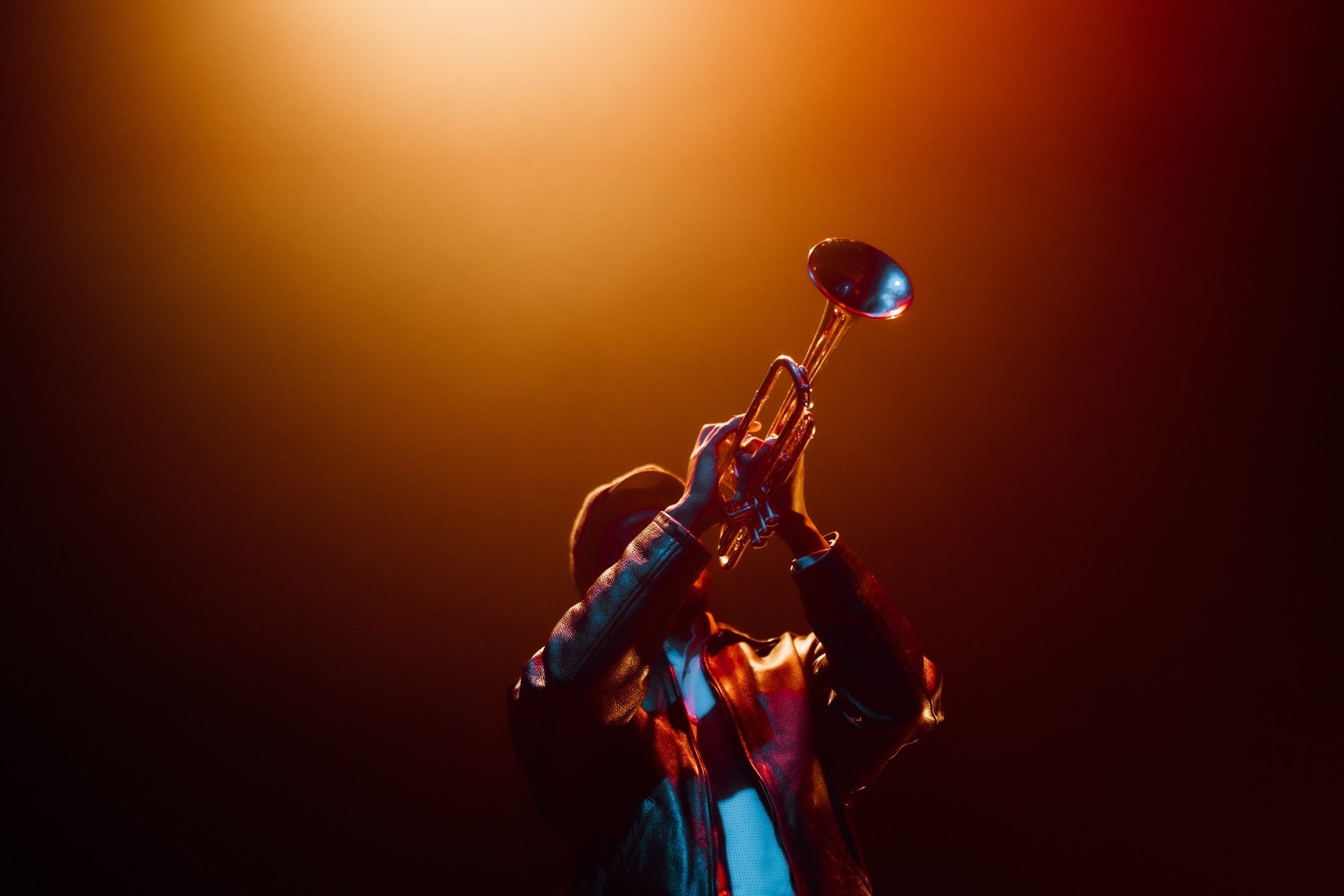
Your music has been described as a narrative of South Africa's heartbeat. How do you weave the country's rich history and diverse cultures into your compositions?
My music has been influenced by my experience growing up in South Africa... at the height of the state of emergency. My family was quite politically involved, and I witnessed the transition into post-apartheid South Africa. I grew up with the promise of the rainbow nation, but that's all it was – a promise, an expectation that was not fully realised. So, my music primarily addresses and interrogates that, while also moving beyond what we've experienced, toward what we want to create and see in South Africa, what it should and could be.
Jazz has a very strong tradition in South Africa and is a music of social consciousness that has brought many of our struggles to the forefront. I think it's the perfect vehicle because jazz, in and of itself, incorporates so much other music. It is a plural art form that borrows from other art forms while staying true to its ethos of collaboration and improvisation.
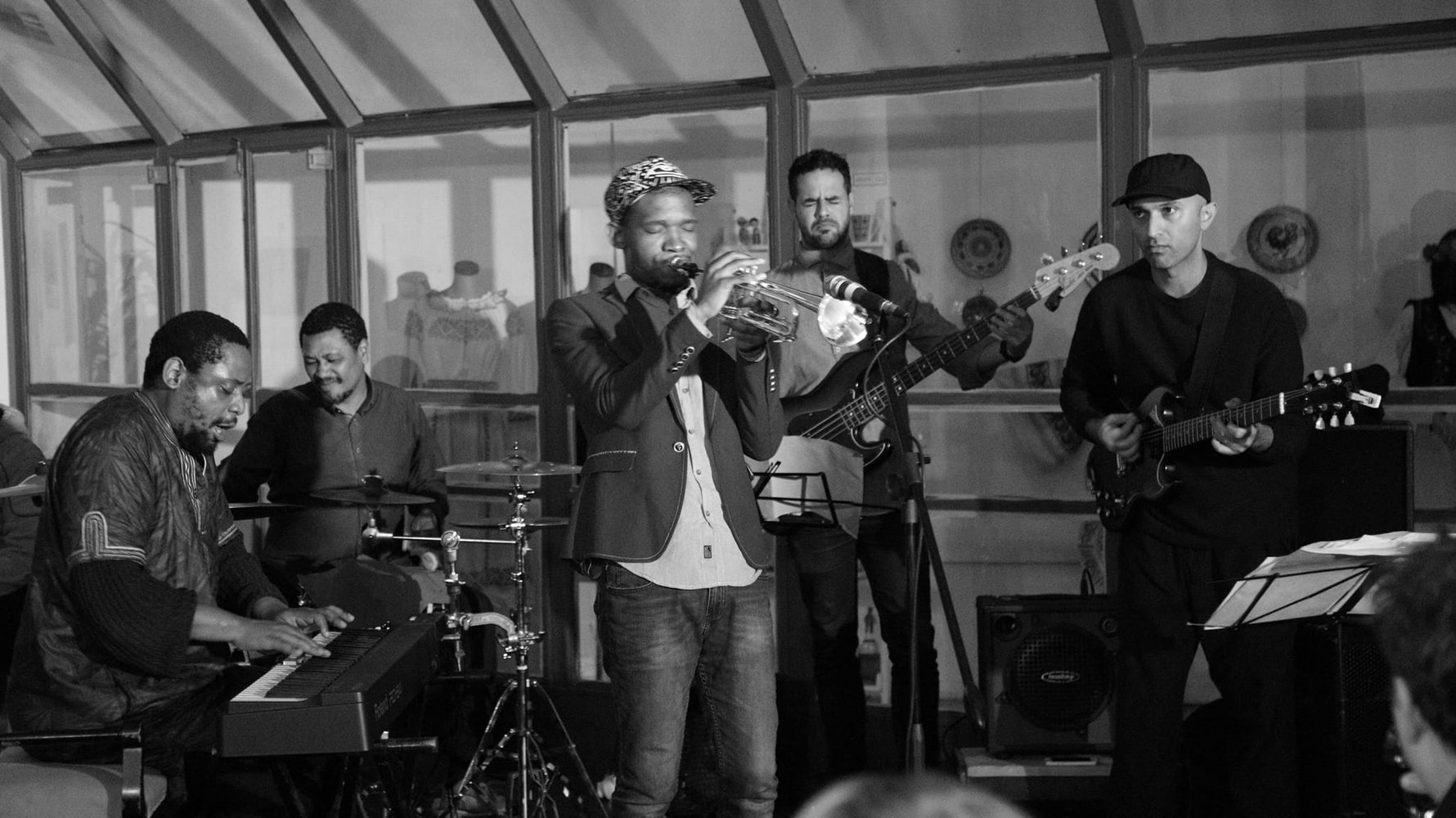
Tell us about The Tune Recreation Committee, whom you'll perform with at the UJ Weekend of Jazz.
The Tune Recreation Committee was started during my student days with colleagues and friends at the faculty, and we aimed to promote original compositions and the performance of our music in live music spaces. At the time, when I was still in Cape Town, this wasn't very prevalent. So, we collaborated and performed at now-iconic venues in Cape Town, most of which have since closed down. We have grown over the years. We've been included in performances at the Cape Town International Jazz Festival, toured Zanzibar, and participated in the Basha Uhuru Music Festival at Constitution Hill. We've performed at Bassline and the MTN Bush Fire Festival in Eswatini. It tapered off at the onset of the Covid-19 lockdown, but we're back, and we will soon be launching our album The Future Is Now, which aims to give perspective on our music and the experiences we've had during that time.
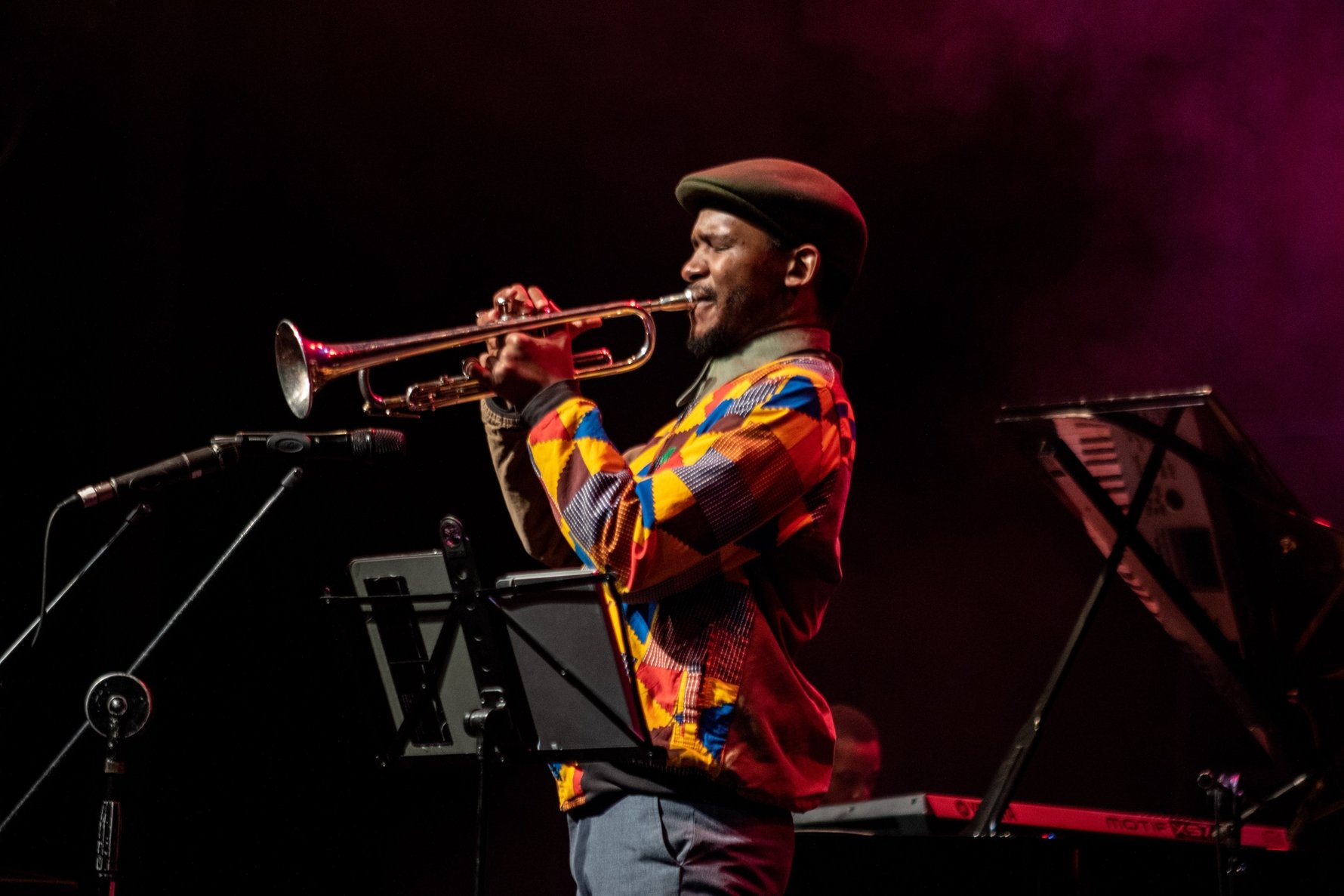
You've performed on both local and international stages. How does the Johannesburg jazz scene compare to the global jazz landscape?
Johannesburg is currently grappling with an inflation crisis, and I think attendance at many venues has declined. Many venues in Joburg have closed, so that's a challenge for us – finding suitable venues that can host what we want to do. There are venues, but they're few and far between. They’re spread out too far. There are very few places for us to perform, so it's always about planning well ahead of time to secure the spaces and stages we want. Activating and having live performances in this climate is challenging, but the jazz scene is burgeoning. There are so many young players coming up and new bands I’m taking note of. It is inspiring, so it keeps me on my toes.
Your project Afrikan Freedom Principle is a fascinating initiative. Can you share how it has impacted the local jazz community and its young musicians?
Afrikan Freedom Principle is an umbrella project under which all these other projects operate. It's a way of activating, mobilising, and educating, particularly for people coming up on the scene. This includes making other services available, such as sound, holding workshops with young musicians, interacting with older musicians, and setting up spaces and performances for us to share our ideas. It's going from strength to strength. As I've mentioned, everything has been quite slow, especially concerning funding, so we’re treading lightly. We're also curating more of a digital experience, activating it through interviews, blogs, writing articles, and publishing. So, that's where it's most active – behind-the-scenes work supporting the jazz scene.
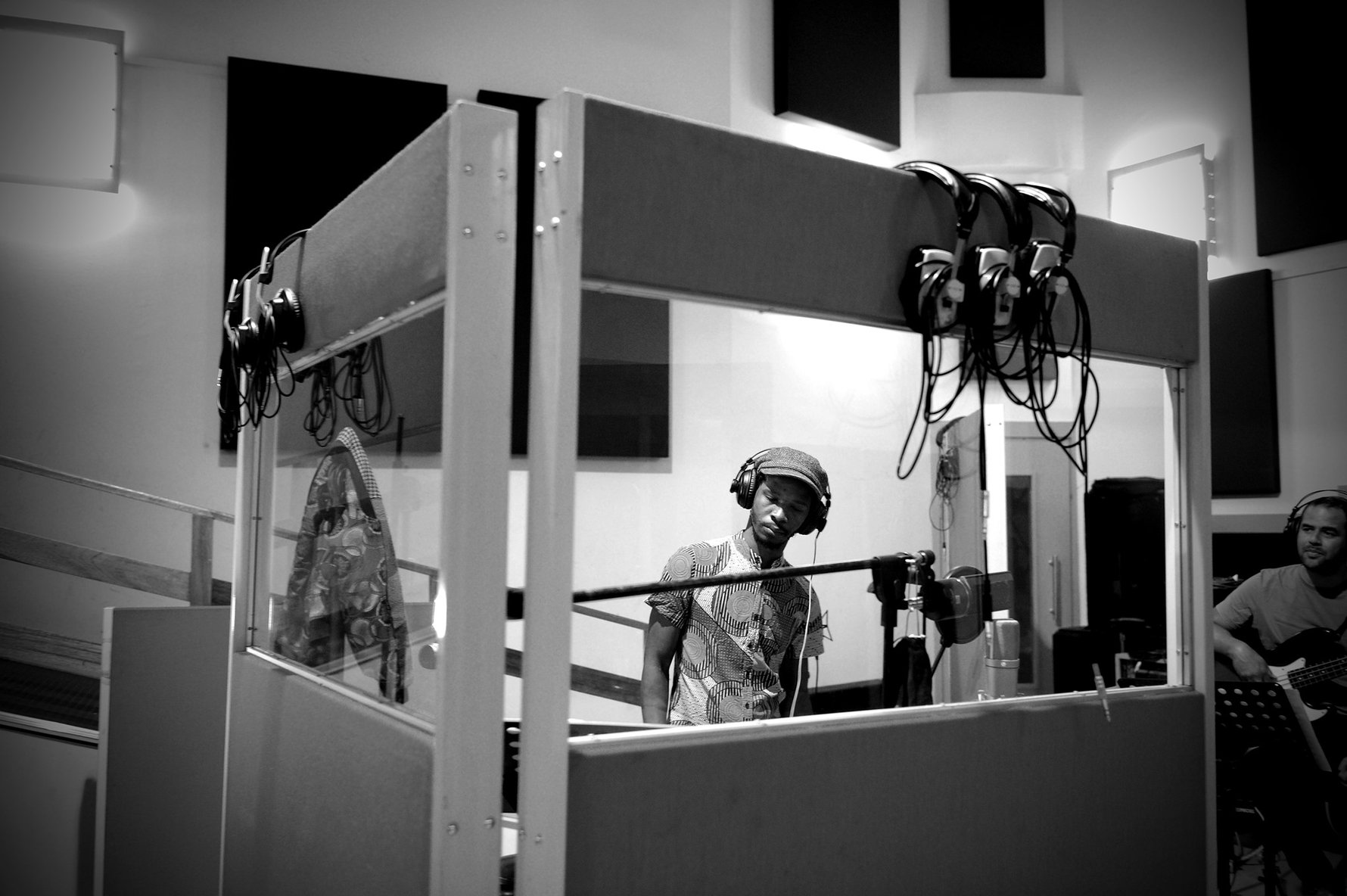
Jazz is often seen as an evolving genre. In what ways do you think Johannesburg's jazz scene is innovating and pushing the boundaries?
Johannesburg continues to be the place that attracts the best talents in South Africa. Everyone comes to Joburg for better prospects. As a result, many young, aspiring musicians end up here, honing their craft and showcasing their talents. Through that, we get to interact with many other interesting art forms and perspectives that people from other parts of the country bring to Joburg, and it all comes together cohesively.
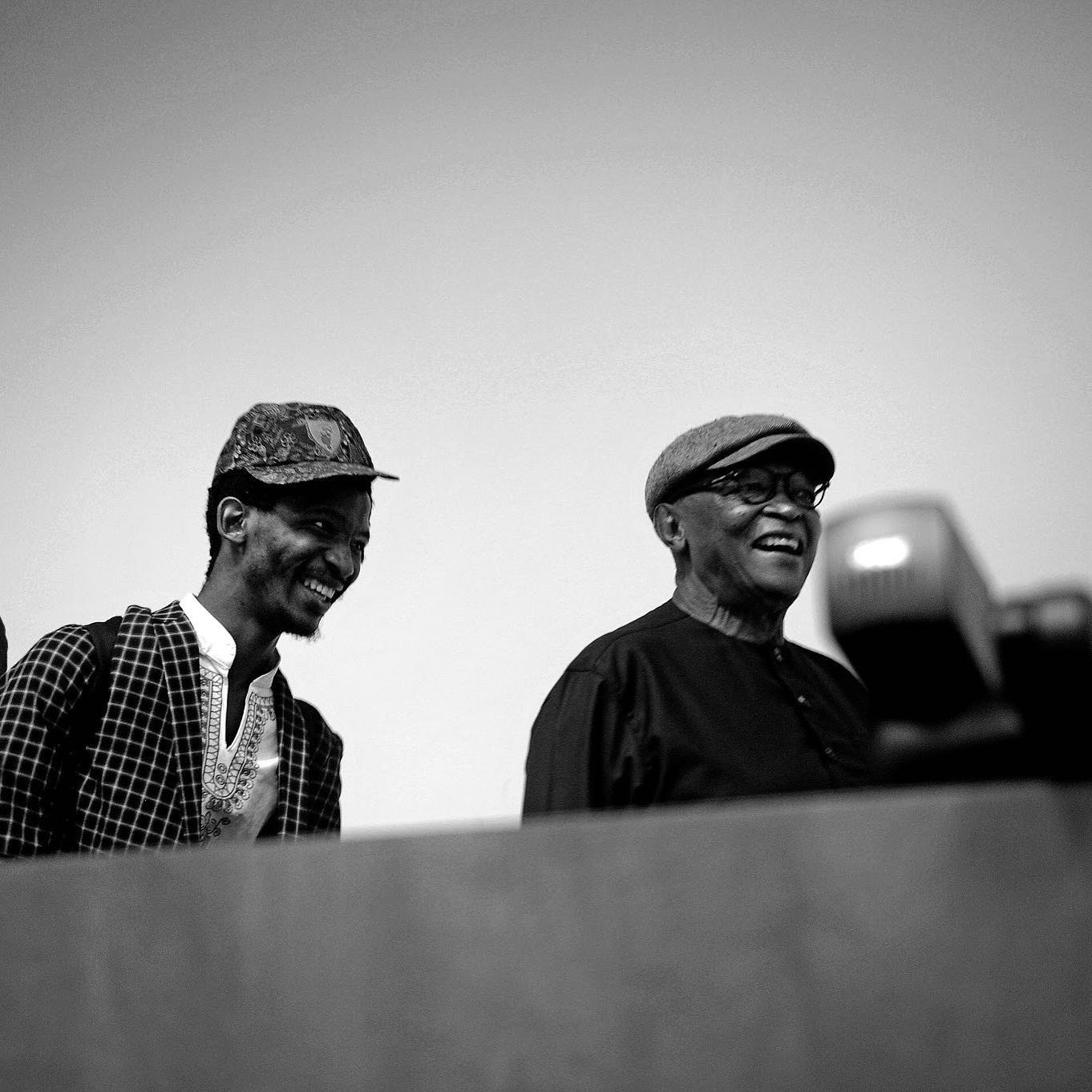
You've collaborated with legends like Hugh Masekela and Sibongile Khumalo. What have you learnt from these experiences, and how have they influenced your approach to music?
Both those individuals have had a tremendous influence on South African music, and my upbringing. I went to school with Sibongile Khumalo's daughter, Ayanda and I used to interact with Hugh Masekela as a youth. I used to nag him to show me how he gets things done, and in many ways, he was like a mentor to me. I feel they have shown us how to showcase our stories to the world, and how to put our best foot forward. They were consummate professionals, always presenting themselves in the best way possible. That taught me to take my image and how I share my stories seriously. But they also taught me how to have fun. It wasn't all about being too serious; it was also about knowing how to shape your stories and communicate them effectively with your audience.
For someone new to Johannesburg's jazz scene, which aspects or elements would you say are unique to the city's interpretation of jazz?
The Johannesburg art scene is very niche. It’s all about the connections you make and knowing where things are happening. It almost seems secretive because if you're not aware of the spaces that are open, you might miss out. The art scene here can always surprise you, and there’s always something new to discover. It is all about exploring and finding what appeals to you and your ears. My advice to young musicians is to get yourself out there, hone your craft, and stay informed about what’s happening, not just in South Africa but globally. Get a mentor. To be in the scene, you have to be seen. Get your sound out there, and don’t be afraid to keep searching for what you want.
Lastly, what is your Johannesburg soundtrack?
Currently, it has to be Genes and Spirits (2000) by Moses Taiwa Molelekwa.
Catch Mandla Mlangeni at the UJ Weekend of Jazz from Thu, Aug 29 – Sat, Aug 31. Book your tickets here.


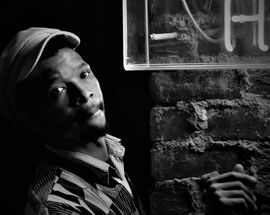
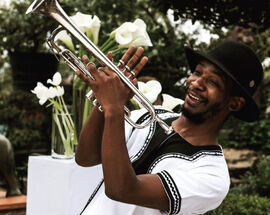
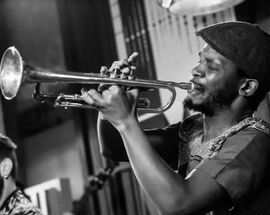


Comments